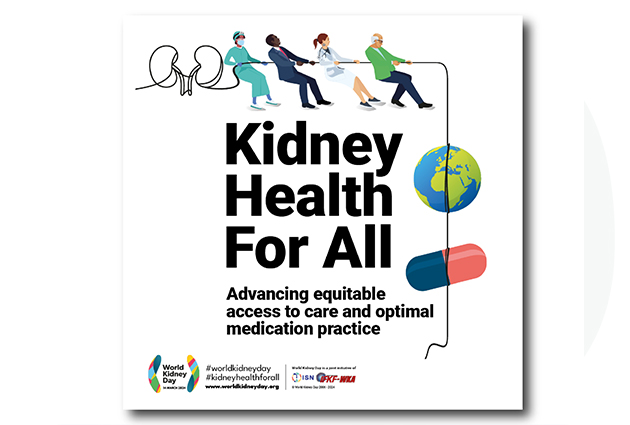ISN Constituency Statement – Urging greater engagement in preparatory processes for the 2025 NCD High-Level Meeting – at the WHO 154th EB
154th session of WHO’s Executive Board (EB154)
Constituency Statement:
Agenda Item 7. Follow-up to the political declaration of the third high-level meeting of the General Assembly on the prevention and control of non-communicable diseases Progress report on the prevention and management of noncommunicable diseases, promotion of mental health and well-being, and treatment and care of mental health conditions
Distinguished delegates,
We welcome the NCD progress report, which integrates developments on mental health and neurological conditions and oral diseases as major NCDs, and shares plans for a 2025 global status report on cancer.
We also applaud the comprehensive preparations for the UN High-Level Meeting on NCDs in 2025, and the plans to update and extend the NCD targets.
We, however, express concern that NCDs remain the leading cause of death, morbidity, and disability globally, and more political commitment, policy coherence and resources are needed to address the NCD epidemic.
We urge Member States to:
• Engage in preparatory processes for the 2025 NCD High-Level Meeting and encourage a stronger political and financial commitment towards national NCD responses, including through the upcoming Global NCD Financing Dialogue;
• Engage in the update of the Global NCD Monitoring Framework for the extended global NCD targets to be strengthened with a comprehensive set of indicators and clear data baselines, and support the improvement of accountability processes and the involvement of civil society;
• Implement robust, funded national NCD plans that include actions on mental health and neurological conditions and air pollution as part of the NCD five-by-five approach, and to address the burden of NCD multimorbidity;• Draw on the NCD ‘best buys’ and other recommended interventions to implement priority actions for NCD prevention and control, including in collaboration with relevant government sectors and as a part of UHC benefit packages;
• Strengthen NCD and risk factor surveillance with disaggregated data collection to identify vulnerable populations;
• Involve people living with NCDs in the design and delivery of policies and services;
• Safeguard NCD policymaking processes from the undue influence of health-harming industries.
We also support the initiative for a draft decision on strengthening mental health and psychosocial support. People living with NCDs, including mental health conditions, face greater challenges to manage their conditions during emergencies, due to the disruption of physical and mental health services. As the burden grows, more action in these settings is urgently needed.
Thank you.
Statement coordinated by:
1. NCD Alliance (NCDA)
Statement supported by:
2. Global Alliance for Tobacco Control (GATC), formerly the Framework Convention Alliance on
Tobacco Control (FCA)
3. HelpAge International (HelpAge)
4. International Diabetes Federation (IDF)
5. International Federation of Medical Students’ Associations (IFMSA)
6. International Federation on Ageing (IFA)
7. International Pharmaceutical Federation (FIP)
8. International Pharmaceutical Students Federation (IPSF)
9. International Society of Nephrology (ISN)
10. Multiple Sclerosis International Federation (MSIF)
11. The International Society of Paediatric Oncology (SIOP)
12. The Royal Commonwealth Society for the Blind – Sightsavers (Sightsavers)
13. Union for International Cancer Control (UICC)
14. World Cancer Research Fund International (WCRF International)
15. World Obesity Federation (WOF)










